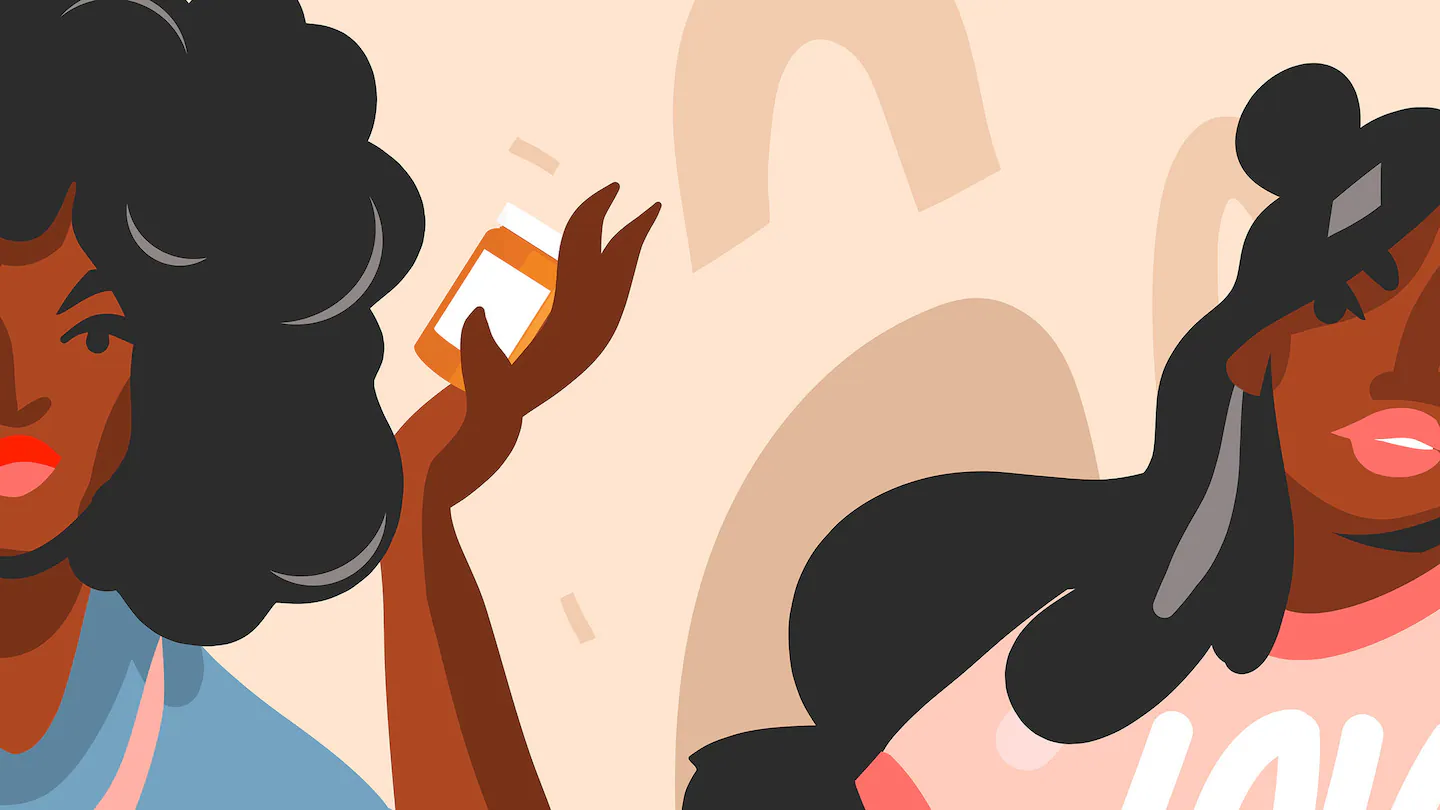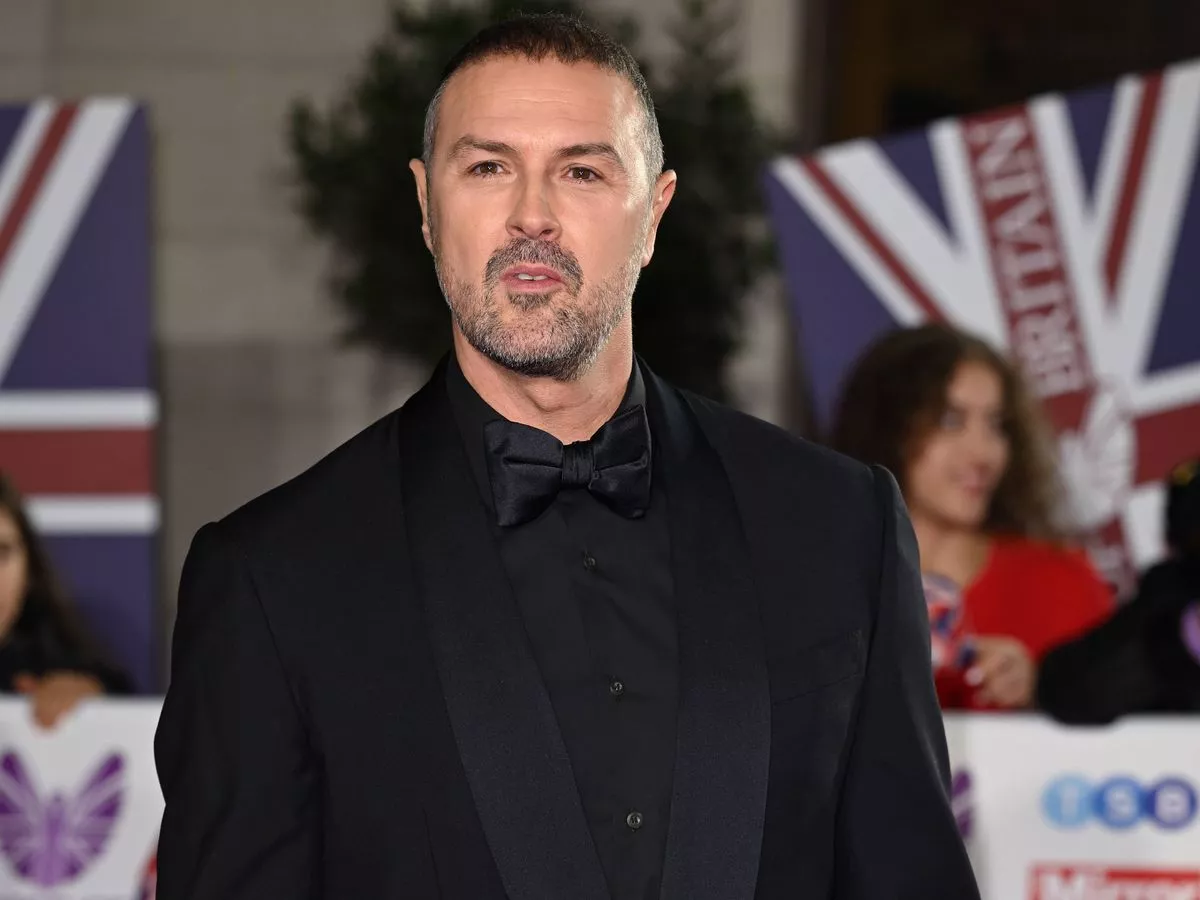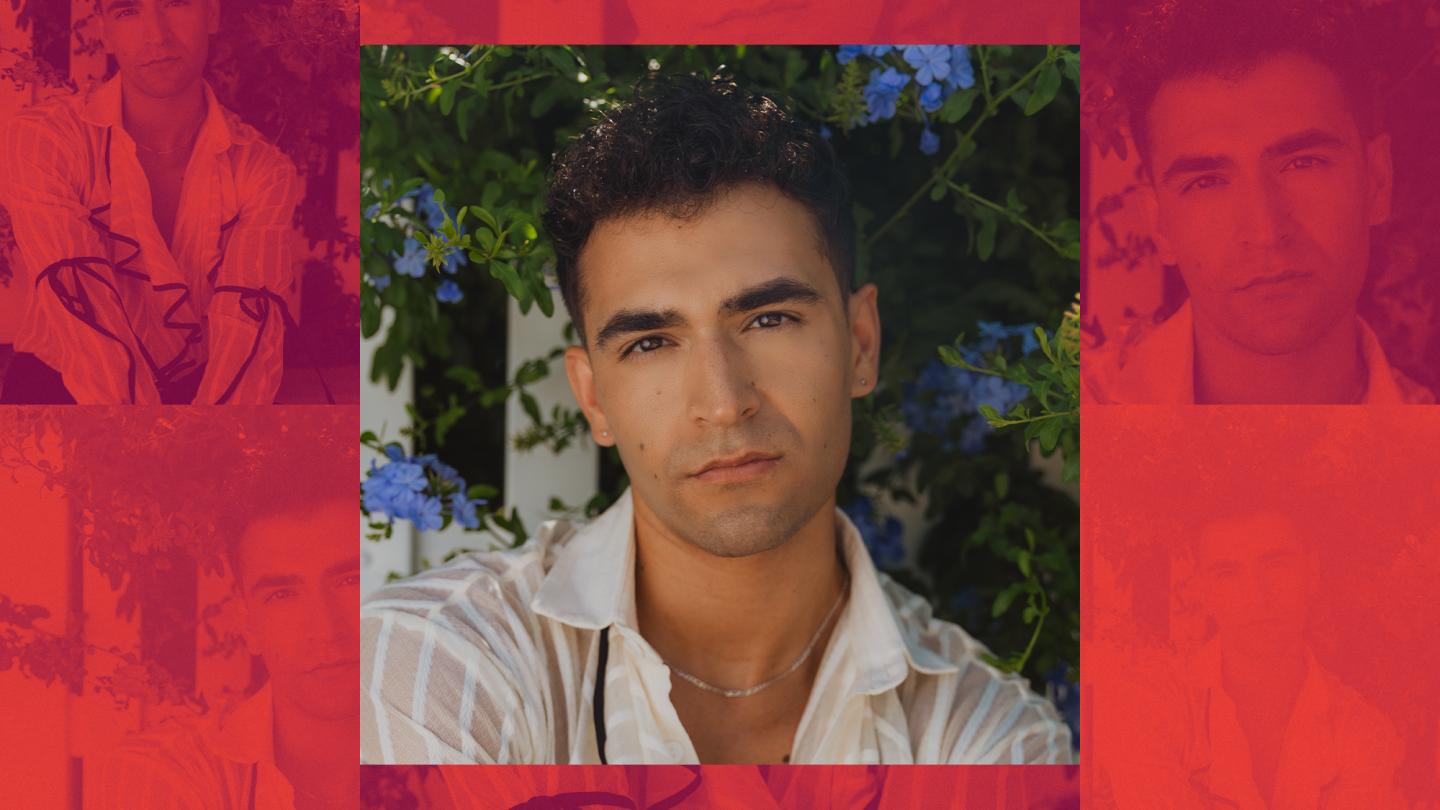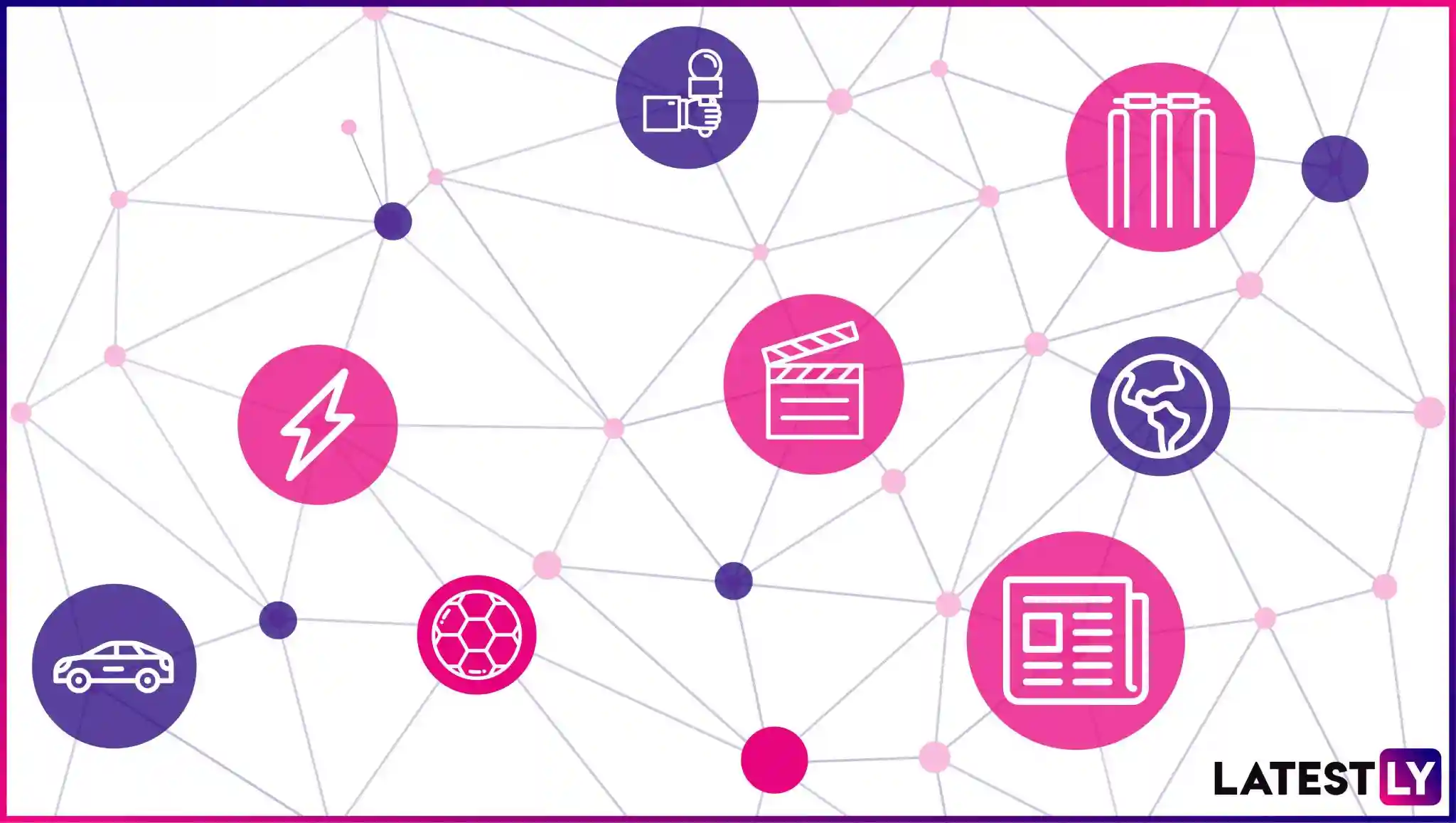
Jill Wine-Banks, one of my podcast cohosts, asked me if I had talked to my doctor about treatment. I told her that I was unhappy with my gynecologist. For years, I had asked her about the possibility that I was perimenopausal, based on a series of worsening symptoms I had been experiencing, like insomnia, more frequent and severe migraines, and painful cramping before my periods.
“You’re not in perimenopause yet,” my doctor had told me. “We’ll deal with that when it comes.”
If I’d known then about all the ways Black women experience perimenopause and menopause symptoms differently from other racial groups, I would have pressed harder for my doctor to at least check my blood levels to be sure. Instead, there I was sweating my makeup off backstage at The Howard minutes before having to take the stage.
Wine-Banks put me in touch with a friend of hers, who in turn referred me to a menopause care specialist in Washington. When I walked in to Dr. James Simon’s office, an inscription on a pillow in the waiting room told me I was in the right place: “I’m still hot. It just comes in flashes now.”
Simon discussed treatment options with me, including hormonal therapy. I knew a past study that revealed a link between hormone replacement therapy and an increase in breast cancer, which had caused alarm among health providers and women, had since been found to be overblown. Many doctors by then had determined that, though the cancer risk is real, the benefit of hormone treatment for many women outweighs the risk. Still, I didn’t know if hormone therapy would be right for me.
Simon pointed me to a study that found that for some women, not only was there no increased risk of breast cancer with treatment with the particular kind of hormone he had in mind for me, but there was actually a decrease in cancer incidents in Black women.
He was frustrated, he told me, because he believed the results of the study should have made headlines because of what it means for Black women’s health. Instead, it had remained relatively unnoticed, not only by the public but also by health care providers.
“These are incredibly positive and powerful outcomes worthy of taking notice,” Simon later told me.
Positive indeed. The hormonal treatment Simon prescribed for me was life changing. I saw improvement in my energy levels and concentration, my brain fog lifted significantly, and I no longer woke up feeling as if someone had dropped a bucket of water on me as I slept. I was deeply grateful to have received the kind of personalized care that every woman deserves.
But I share Simon’s frustration that not enough women, particularly Black women, knew about this. If I, an experienced journalist with a wealth of informational resources at my fingertips, didn’t know, surely neither did most other women.
Menopause care, treatment, and awareness have come a long way since that 2002 Women’s Health Initiative study put fear in the hearts of middle-aged women and health care professionals alike. For years, many women were advised or chose to suffer through debilitating symptoms of midlife hormonal changes rather than risk health complications from taking hormones.
But studies over the ensuing decades, such as the one my doctor referenced, have determined that the truth is far more complicated and nuanced. While hormone therapy may still be contraindicated for some women, such as those at higher risk of blood clots, on balance the research reveals it to be a crucial tool for midlife health. As part of an individualized treatment plan that takes each person’s medical history, background, and state of health, it can be not only safe but also life-saving.
That’s especially true for Black women, who experience perimenopause and menopause symptoms that are more severe, tend to begin earlier, and last longer than white women, research shows. And yet, they are five time less likely to seek and receive hormonal treatment than white women.
“This particular demographic needs more light shining on them,” said Rachel Hughes, community manager of Alloy Women’s Health, a virtual support and treatment platform for women in midlife.
Hughes told me that she, too, sought to better understand what she could do about the perimenopausal symptoms that were disrupting her life. That spurred the former Alvin Ailey dancer, teacher, and nutritionist to seek out specialists and eventually begin hosting live and online discussions to help bring greater awareness and information about menopause care.
“My desire is to hear from more women who look like me and are seeking the same information I did, and create a safe space for them to share and learn,” Hughes told me.
This is especially crucial, Hughes explained, because some menopause symptoms, like hot flashes, aren’t just annoying. The symptoms can signal other health risks, according to data from the Study of Women’s Health Across the Nation, which follows more than 3,300 American women to better understand their health and quality of life as they age. To put it bluntly: For some, suffering through menopause symptoms instead of treating them can be life threatening.
For example, menopause-related hot flashes and night sweats have been linked to an increased risk of high blood pressure and heart disease. Insomnia comes with an increased risk of depression and anxiety. And recent studies have linked the increased incidence of Alzheimer’s disease in women to midlife hormonal changes and found that for some women, hormone therapy reduces the risk of dementia.
Those findings have come at a time when awareness and public discourse about perimenopause and menopause are at an all-time high. Black celebrities, such as actress Halle Berry, speak openly about their experiences and the need for quality health care. A series of hilarious viral videos by creator Melani Sanders set off a worldwide “We Do Not Care Club” movement of women in midlife who have had it up to here with everyone’s nonsense and criticisms and are not afraid to say so.
So why aren’t more Black women getting the menopause care they need? That answer, too, is complicated.
“The conversation is moving faster than the medical establishment,” Dr. Kudzai Dombo, an ob-gyn and menopause health advocate for women of color, told me. Dombo coleads semimonthly wellness support groups for Black women at Alloy.
Not only are some health providers less likely to offer hormone therapy, Dombo said, but generational and cultural differences between Black women and patients of other backgrounds also come into play.
“I had a patient tell me, ‘our ancestors didn’t need that,’” Dombo said. “And fewer Black women are inclined to take a prescription even when they get one.”
Dombo said she tries to ensure that support group members are armed with information specific to their needs.
There are many other barriers that keep Black women from the kind of quality midlife health care we need, from access to providers to cost, work and family responsibilities, and more. But there is an increasing number of resources available that can help Black women stay healthier and enjoy their lives more. That is why, more than ever, Black women need to advocate for themselves, educate themselves, and demand the treatment they deserve. I wish I did that years ago with my old gynecologist who dismissed my questions. But I know better now, and I want other Black women to have that knowledge, too.



